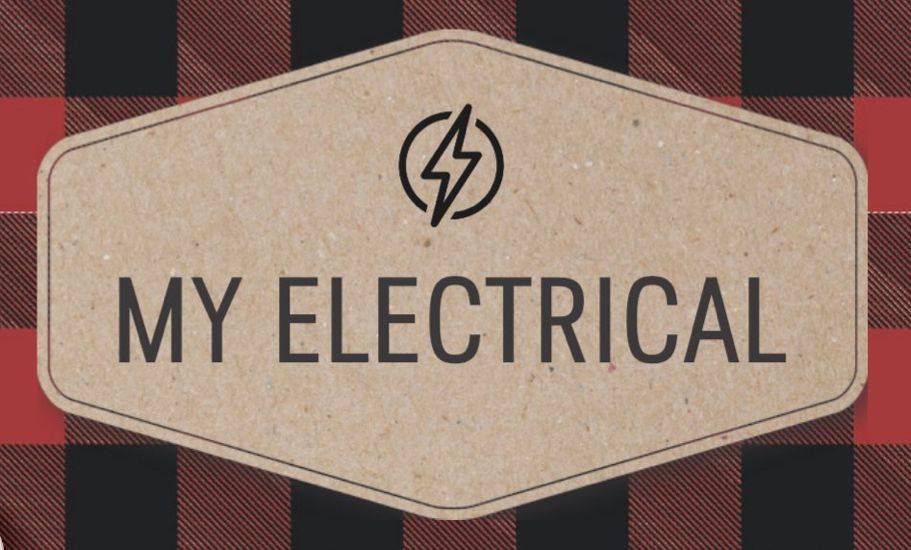DIY Electrical Safety: What Homeowners in Ottawa Should Avoid
Understanding Electrical Safety
When it comes to DIY projects, electrical work is one area where caution is paramount. Homeowners in Ottawa often take pride in maintaining and improving their homes, but electrical tasks can pose significant risks if not handled correctly. Understanding and respecting the basics of electrical safety is essential to protect yourself and your property.

Avoid Overloading Circuits
One common mistake homeowners make is overloading circuits. Plugging too many devices into a single outlet can cause overheating and potentially lead to electrical fires. To prevent this, ensure that your home's circuits are properly balanced and use power strips with surge protection when necessary.
Steer Clear of DIY Wiring
Electrical wiring is complex and should generally be left to professionals. DIY wiring can result in faulty connections, leading to short circuits or fire hazards. It's crucial to hire a licensed electrician for any significant wiring work to ensure it meets the local building codes and safety standards.

Recognizing Warning Signs
Being able to recognize warning signs of electrical issues can prevent accidents. Flickering lights, frequent circuit breaker trips, and burning smells are all indicators that something is wrong. If you notice any of these signs, it's important to consult a professional immediately.
Don't Ignore Ground Faults
Ground faults occur when electrical current escapes its intended path. This can happen in kitchens and bathrooms where water is present. Ground Fault Circuit Interrupters (GFCIs) are designed to prevent this issue, so ensure they are installed and functioning correctly in your home.

Proper Use of Tools and Equipment
Using the right tools for electrical work is vital. Insulated tools reduce the risk of electric shock, while voltage testers can help verify that circuits are not live. Always ensure that your tools are in good condition and appropriate for the task at hand.
Avoid Working on Live Circuits
Before beginning any electrical work, always turn off the power at the circuit breaker. Working on live circuits is extremely dangerous and can result in severe injuries. Double-check that the power is off using a voltage tester before proceeding with any repairs or installations.
Conclusion: Safety First
While DIY projects can be rewarding, electrical work requires a careful approach. By avoiding these common pitfalls and knowing when to call in a professional, homeowners in Ottawa can enjoy the process of home improvement while ensuring their safety. Remember, when in doubt, always prioritize safety and consult with a licensed electrician.

